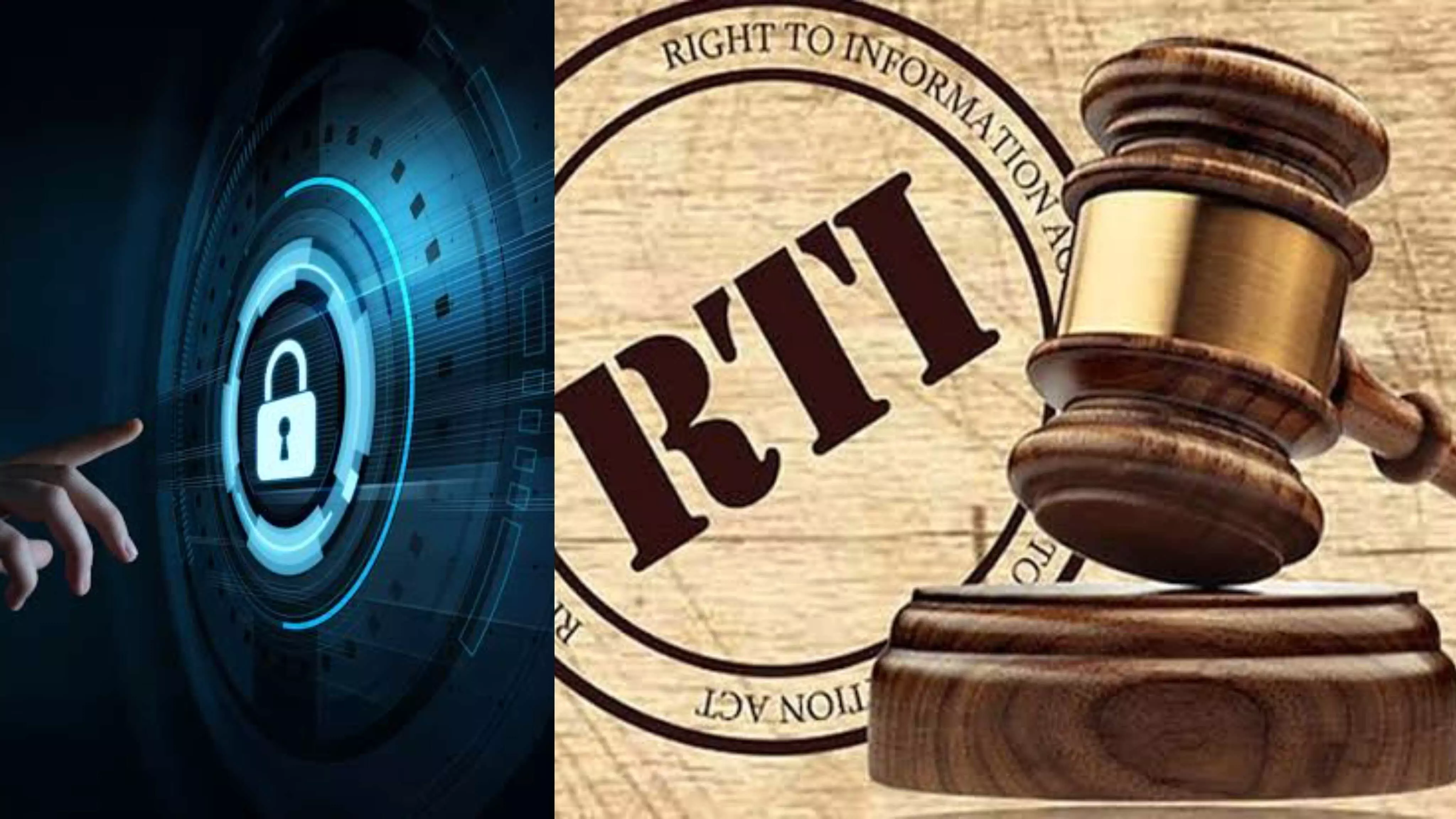Will the DPDP Act Hide the Truth? A Blow to RTI
The DPDP Act was introduced to protect people’s personal data, which is important in today’s digital world
By Newsmeter Network
Will the DPDP Act Hide the Truth? A Blow to RTI
Hyderabad: For nearly two decades, the Right to Information (RTI) Act, 2005, has been a powerful tool for the common citizen. It has helped people expose corruption, demand accountability, and access important government records. But with the new Digital Personal Data Protection (DPDP) Act, 2023, things might change—and not for the better.
The DPDP Act was introduced to protect people’s personal data, which is important in today’s digital world. However, it also gives the government more power to deny RTI requests, making it harder for citizens to access crucial information. This shift raises a big question: Will the DPDP Act become an excuse for hiding government wrongdoing?
How the DPDP Act Can Block RTI Requests
Imagine you want to know if a local government officer misused public funds or if a politician received suspicious donations. Earlier, you could file an RTI request and get the details. But now, authorities can refuse to share information, claiming it falls under “personal data protection.”
Example 1: Bureaucrats and Corruption Cases
In the past, RTI activists exposed officials who owned properties far beyond their known income. Now, if someone files an RTI request asking for a bureaucrat’s asset details or corruption complaints against them, the government might deny it by citing personal data protection under the DPDP Act.
Example 2: Political Donations and Transparency
Citizens have used RTI to find out who funds political parties. This has been crucial in understanding whether politicians are influenced by big businesses. With the DPDP Act, political donations could be labeled as “personal data,” making it nearly impossible to track who is financing whom.
Example 3: Government Decisions That Affect the Public
Big government projects, public funds, and hiring processes affect everyone. RTI has helped uncover unfair hiring, biased decisions, and mismanagement of funds. If officials now classify this information as personal data, ordinary citizens will have a harder time holding them accountable.
Privacy vs. Transparency – Where Do We Draw the Line?
No one is saying privacy isn’t important. Protecting personal data is necessary in an era of cyber threats and digital fraud. But when it comes to public officials, politicians, and government decisions, transparency should not be sacrificed. If a person’s salary comes from taxpayers’ money, should details about their work really be hidden?
The DPDP Act, in its current form, tilts the balance in favor of secrecy, weakening the RTI Act. It creates an easy escape route for those in power to avoid public scrutiny.
What Can Be Done?
The government must introduce clear rules to ensure the DPDP Act does not override the RTI Act in cases of public interest. Courts and activists must continue to challenge wrongful denials of information. Most importantly, citizens must stay alert. The RTI Act was fought for and won by the people—and if necessary, it must be defended again.
If we allow new laws to slowly erase our right to know, we might wake up one day to find that the truth is no longer available to us.
Author: Raghavendra Reddy M, State Deputy Head -IT, All India Professional Congress (AIPC)
Disclaimer: The views and opinions expressed in the article are those of the author and do not reflect the official policy or position of NewsMeter.